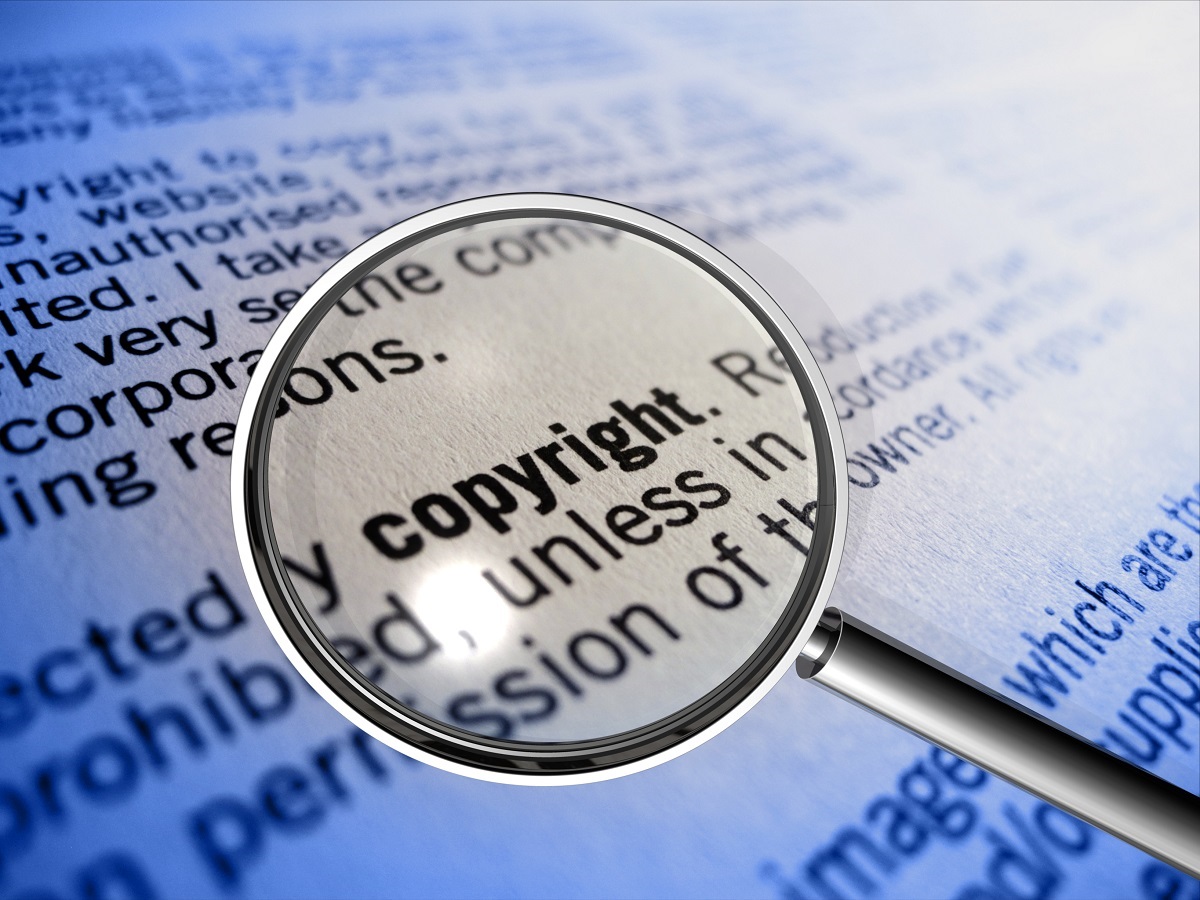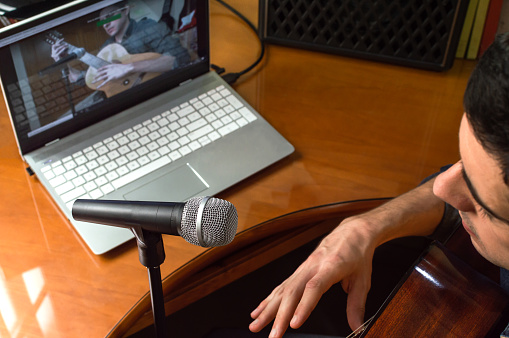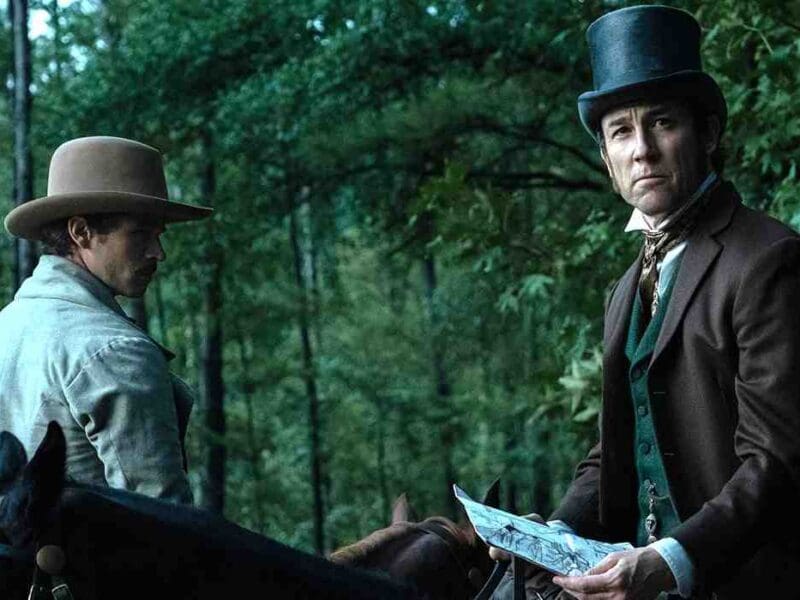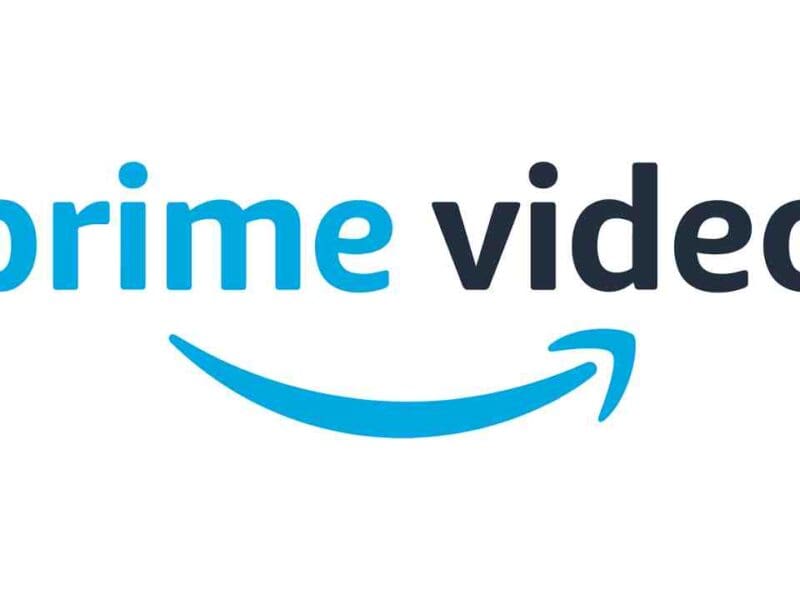
The Secret to Licensing Music for TV Shows & Films
A lot of work goes on behind-the-scenes when making the TV shows and movies we know and love. From finalizing the script and the cast to the set design, production crews work day-in and day-out to check all of the boxes needed to create and distribute the final product.
And with an abundance of streaming platforms available, it’s more convenient now than ever before to access this type of media anytime. Literally at the touch of a button.
This ease of accessibility makes it easy for us, as viewers, to underestimate just how complex the production process really is. We may even overlook things like music licensing altogether.

When this happens, it’s important to remember that the music we hear in the foreground or background wasn’t selected at random. An entire team of people vied for the right to use each song — negotiating with copyright owners for several weeks, if not months, to do so.
All that time and a pretty penny later, and this music becomes part of a soundtrack that the audience remembers and recognizes long after the final credits roll.
If you’re curious about the inner workings of music licensing for TV and film — and why production teams choose the songs they do — this post will cover that and more.

Music licensing is, well, complicated.
Introducing the right song at the right time on-screen can leave a lasting impression on viewers. It’s a powerful storytelling tool that strengthens the mood in a major way.
When it comes time to build a TV show or film’s soundtrack, production teams have three main options: hire a composer to produce original music, license the music elsewhere, or do both.
For the purposes of this post, let’s focus on the second option.
As convenient as it would be, music licensing isn’t ever as simple as a “hello” and a handshake between a producer and a music artist. These sorts of deals aren’t taken lightly, and there’s a good reason for that.

Most music is copyrighted, which is to say that it’s owned by composers and publishers who reserve the right to license (or not license) a song to someone else.
So if a song is used without permission, the copyright owners don’t have to sit by the wayside and watch. They can take legal action.
Suffice it to say, the old saying “Ask forgiveness, not permission” doesn’t apply to music licensing. At least not without accepting a hefty fine and possibly even jail time.
But the question remains: What steps do production teams take to license copyrighted music for TV shows and films?

#1. Contact (and negotiate with) every copyright owner
Let’s say you want to license a specific song for the pilot episode of a TV show.
The first order of business is to get in touch with every person or group that has copyright ownership over the song.
For context, music has two types of copyright owners: those who own the song itself and those who own the sound recording.
Depending on the circumstances, you might get off easy and only have to negotiate with two or three people. Then again, it could be double or triple that amount.
Regardless of how many copyright owners you’ll have to go through, they all have to agree to the terms of your license(s) before you can use the music.

#2. Secure the right music licenses
Getting permission to use music in TV shows and films is non-negotiable, but that doesn’t mean it’s easy to do.
Not only will you have to get in touch with multiple copyright owners, but you’ll also have to negotiate with them for the specific music licenses you need.
While many different types of licenses fall under the music licensing umbrella, three essential licenses for TV shows and films are:
- The synchronization license
- The master license
- The public performance license
Here’s why.

The synchronization and master licenses give you the legal go-ahead to use copyrighted music alongside some form of visual media. These two licenses are almost always used in tandem and allow you to use the recorded version of a song (but not record a new version).
Because TV shows and films are shared with the public, a public performance license is also needed. This license is managed by performing rights organizations (PROs) like BMI and ASCAP.
Even if you secured the other necessary licenses, your TV show or film could still be penalized for copyright infringement if you didn’t have a public performance license too.

Here’s where music licensing for TV and film can go wrong
It’s crucial that production teams cover all of their bases in the early stages of a music licensing deal, but oversights can and do still happen.
Take the show “Dawson’s Creek,” as an example.
When this show first aired on television, streaming platforms weren’t around. So naturally, showrunners assumed that shows like “Dawson’s Creek” would only air for a short period of time.
Because of this, many showrunners opted for short-term, limited-use licenses so that they could afford to license popular music for their shows.
It’s only in the last few years since streaming has become possible — and shows like “Dawson’s Creek” are back in circulation — that these showrunners are facing a major dilemma:

Either replace the show’s original music with music that is more affordable to license, or spare no expense to re-license the original music.
For the “Dawson’s Creek” showrunners, they chose to go with the former option and replace the classic theme song with Jann Arden’s “Run Like Mad.”
Though this entire situation was extremely unfortunate, the takeaway for many production teams is to prioritize perpetual licensing protection — even if that means licensing music that is less well-known.

The Secret to Licensing Music for TV and Film
It makes sense for production teams to shift from a limited-use to perpetual license model, especially since streaming services are here to stay.
Ultimately, the secret to licensing music for TV shows and films is to abide by the rules of the licensing process and opt for long-term versus short-term licensing protection.
Mackenzie is a copywriter at Soundstripe, a background music company that provides filmmakers, creators, and advertisers with royalty free upbeat music and resources for video production.







